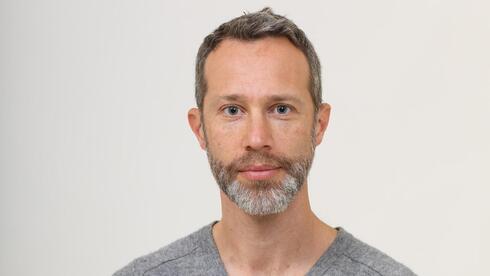Summary:
Austin Russell, CEO of Luminar, became the world's youngest self-made billionaire at 25.
Russell was self-taught, building a lab in his garage at age 10 and mastering optics and lasers.
He founded Luminar at 17, developing sensors that significantly reduce car accident severity.
Russell emphasizes the power of online learning and pursuing entrepreneurial ventures for achieving ambitious goals.
Luminar's success despite a recent stock dip underscores the potential of innovative startups.
From Garage Lab to Billionaire: The Self-Taught Journey of Austin Russell
Austin Russell, CEO of Luminar, a startup revolutionizing car safety technology, became the world's youngest self-made billionaire at 25. His story is a testament to self-driven learning and relentless ambition.
Russell's journey began in his parent's garage, where he built his own lab at age 10. Driven by a thirst for knowledge, he immersed himself in the world of optics and lasers, eventually landing a position at UC Irvine's Beckman Laser Institute at 17.
Instead of pursuing academia, Russell opted for entrepreneurship, founding Luminar at 17. His goal? To make driving safer by developing advanced sensors that could prevent accidents. Luminar's technology has already reduced car accident severity by up to 40%.
Russell credits online resources, including lectures previously accessible only to graduate students, for his rapid learning. He claims to have learned four years' worth of material in just a month.
Despite a recent dip in Luminar's stock price, Russell remains a billionaire with a net worth of $1.6 billion. He emphasizes the power of self-learning and pursuing entrepreneurial ventures to achieve ambitious goals: "There's nothing stopping you."
Key Takeaways:
- Self-driven learning is key: Russell's success is a testament to the power of self-teaching and accessing online resources.
- Passion fuels ambition: Russell's unwavering focus on safety and innovation led him to create a groundbreaking company.
- Entrepreneurship offers impact: Russell chose entrepreneurship over academia to create real-world solutions that could improve lives.






Comments